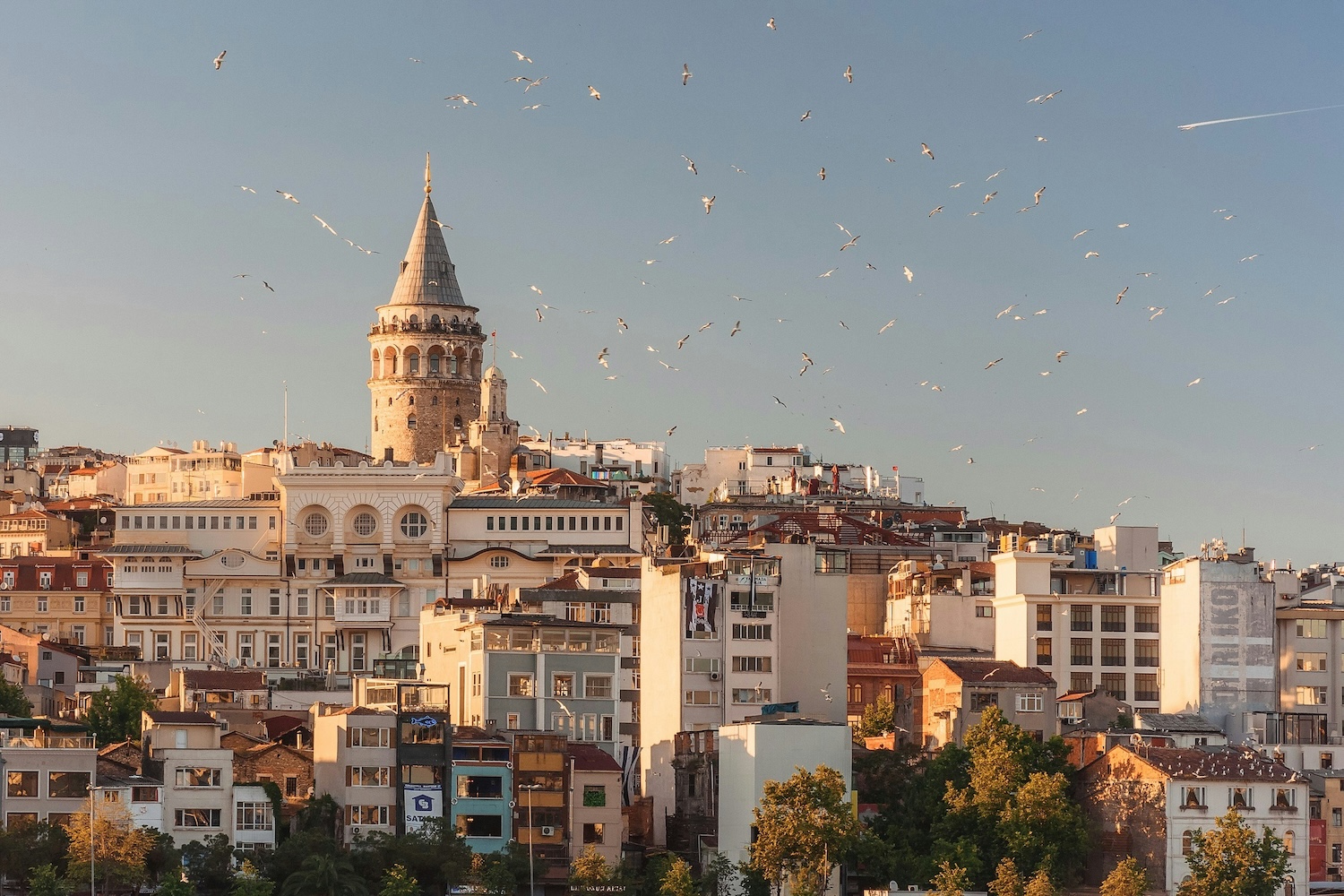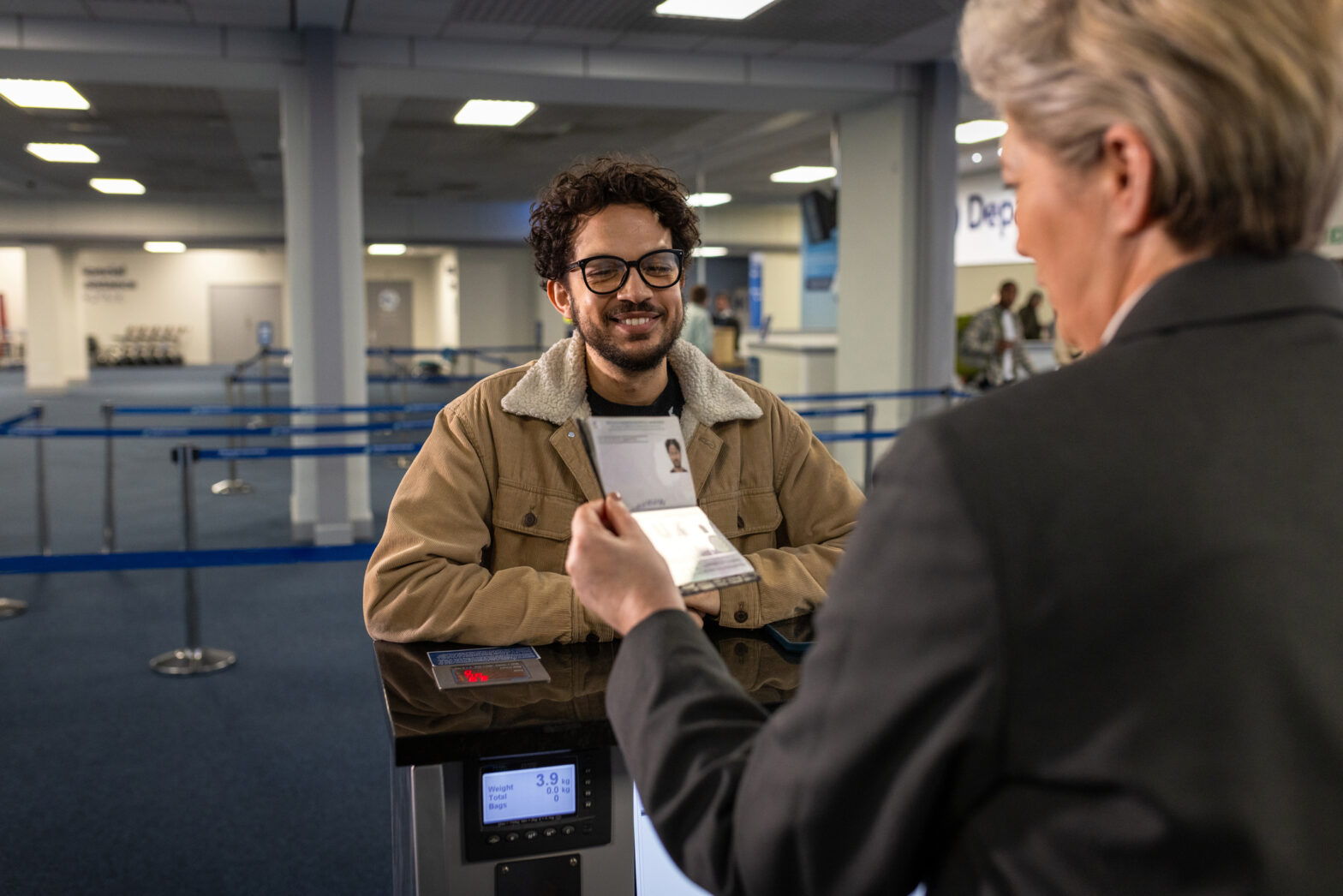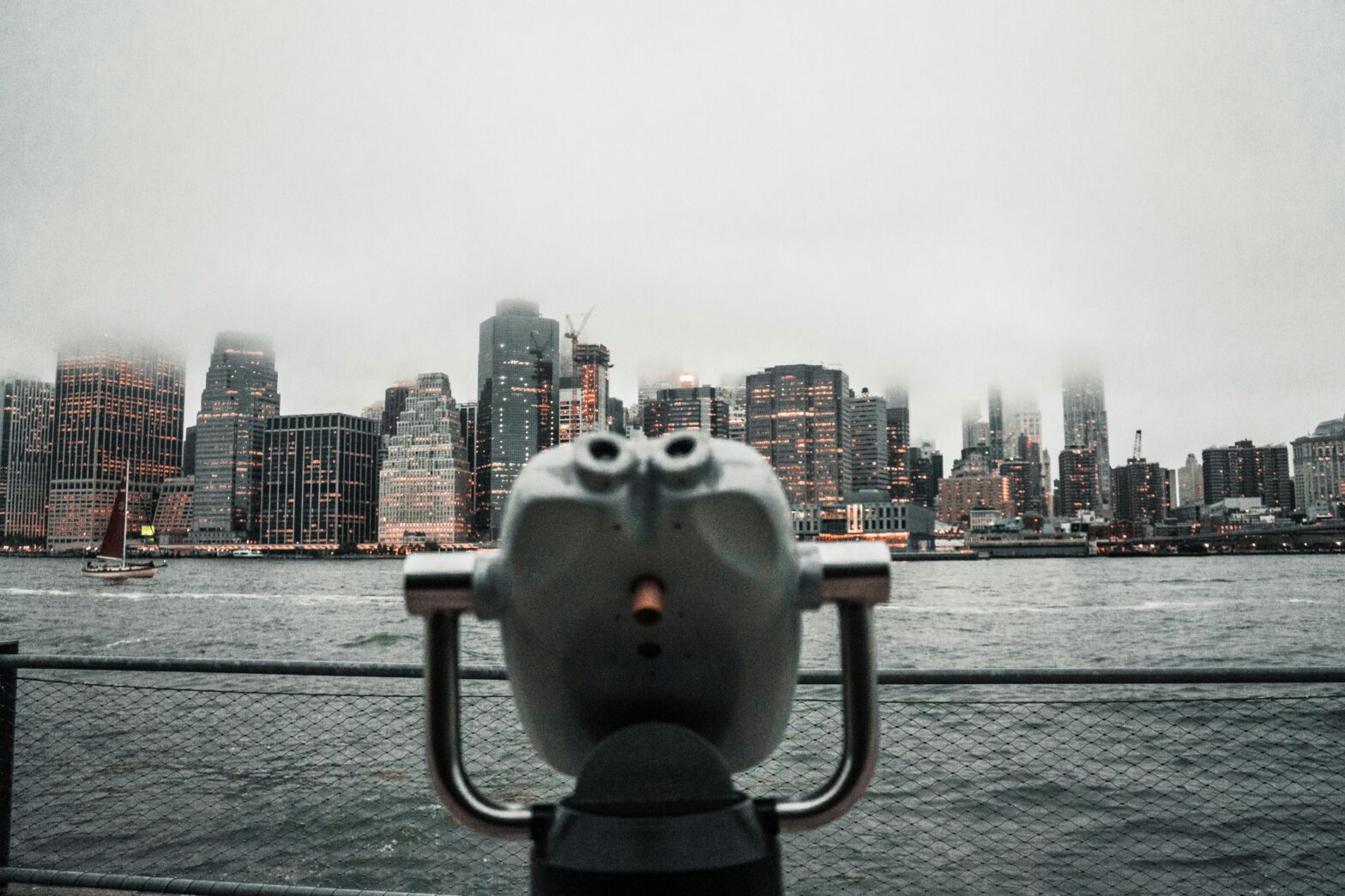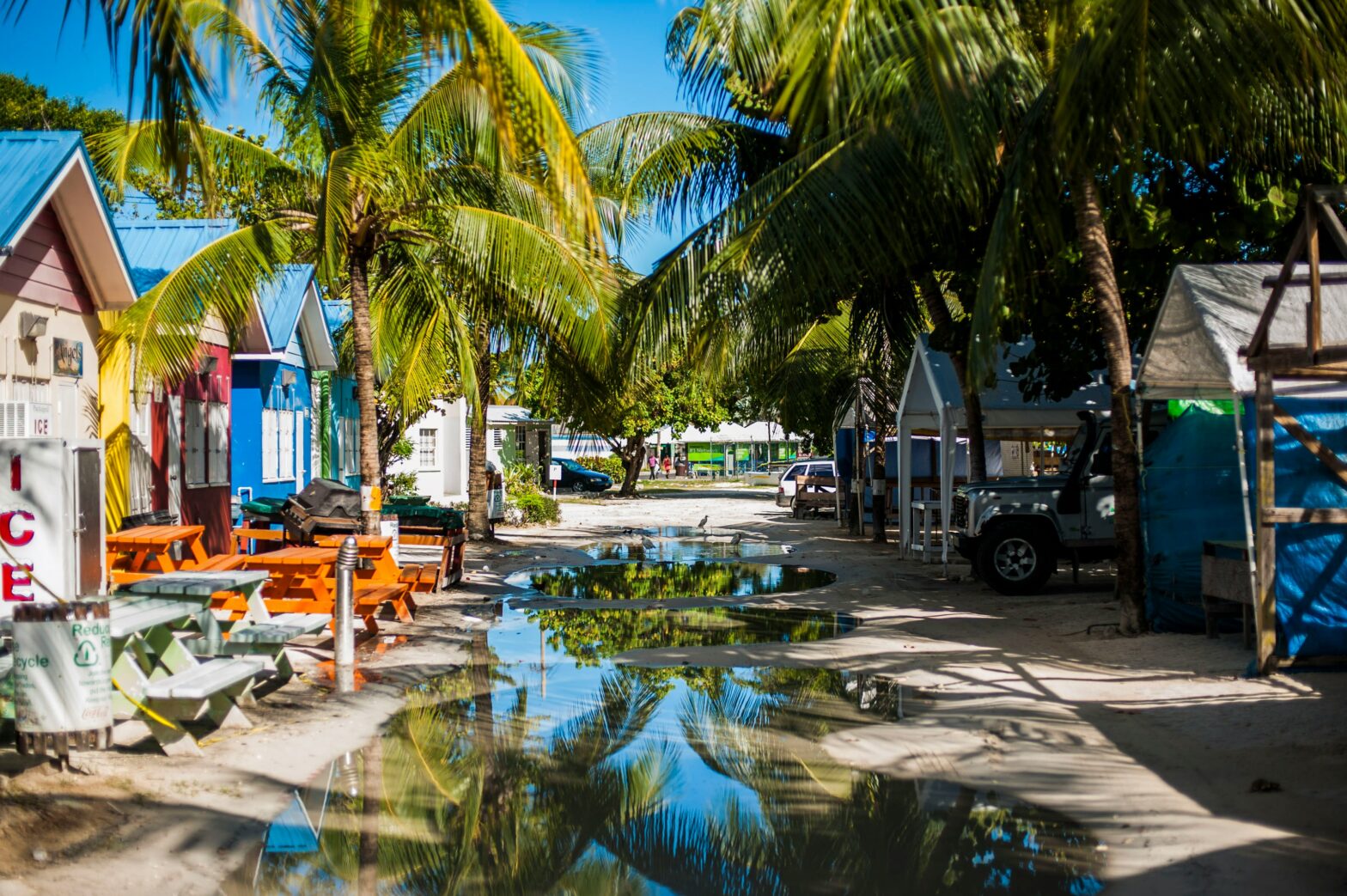Turkey has long been a favored destination for international travelers, blending Eastern and Western cultures at the crossroads of Europe and Asia. In fact, Istanbul was the most visited city in the world in 2023, welcoming 20.2 million visitors that year, which is unsurprising for the country’s cultural capital. Part of that heavy travel is due to Turkey’s relaxed visa requirements, making it an easy port of entry for those looking to take in the historical sights, eat some balık ekmek on the pier, or just pet a few of Istanbul’s many street cats.
But despite its stunning landscapes and rich history, travelers should consider relevant safety precautions before their next trip.
Current Travel Advisories And Safety Concerns
The United States’ State Department currently classifies Turkey as a “Level 2” zone, where visitors should exercise increased caution. The U.S. authority highlights “terrorism and arbitrary detentions” as risks to be aware of. Some parts of Turkey, particularly near the Syrian border, are deemed more dangerous due to ongoing conflicts. Meanwhile, tourist destinations – such as Istanbul, Cappadocia, and Antalya – are considered safe for visitors.
On April 23, a 6.2-magnitude earthquake, lasting 13 seconds, hit near Istanbul. According to the Associated Press, the quake occurred in the Sea of Marmara. While no casualties have been recorded per this report, a minimum of 236 people have been treated for panic attacks or injuries sustained while jumping from buildings. The impact of the quake and its over 100 aftershocks was reportedly felt throughout a vast region, including provinces near Istanbul. No homes have collapsed thus far, but people in impacted places are advised not to enter any possibly damaged buildings. Environment, Urbanization, and Climate Change Minister Murat Kurum shared that 12 buildings were evacuated.
Is Turkey Safe For Tourists And Solo Travelers?
Though Turkey is generally safe for American tourists, the answer largely depends on where you’re going and how you travel.
Crime
Crime against tourists in Turkey is relatively low compared to other travel hotspots. However, petty crimes like pickpocketing, bag snatching, and tourist scams do occur, particularly in crowded areas such as markets, public transportation, and tourist attractions.
Health Information And Considerations
Like any international travel destination, Americans should take basic health precautions.
The World Health Organization currently has no travel notices for those going to Turkey. However, as of March 19, the Centers for Disease Control and Prevention lists Turkey as a “Level 1” zone, meaning tourists should practice their usual precautions. The latter organization’s travel advisory is due to the global measles outbreak, which many international destinations face.
The CDC recommends being protected against COVID-19, hepatitis A, hepatitis B, rabies, typhoid, and all routine vaccinations. Moreover, tourists in Turkey should avoid contaminated water, getting bitten by bugs or rodents, and people who are sick.
Political Unrest
While the major tourist areas are generally safe, ongoing conflicts in regions near the Syrian border may present risks. Stay informed about local news and any State Department travel advisories.
Transportation
If driving, be defensive and take particular caution at night. Tourists may also use public transportation, which is widely available in major cities, or use licensed cabs.
Scams To Watch Out For
American tourists may encounter scams, especially in crowded areas. Street salesmen may initiate conversations to upsell or pressure visitors into making a purchase. The State Department warns of “confidence schemes” in restaurants. In those instances, tourists may be encouraged to order food and/or drinks to later get “charged incredibly high prices.”
How To Stay Safe In Turkey
Avoid high-risk areas and carrying large amounts of cash or flashy valuables. Keep your belongings secure and avoid displaying expensive items. Remain vigilant in high-traffic places and stay connected with friends or family by sharing updates and your itinerary. To avoid scams, agree on the fee before embarking on a trip via taxi or rideshare.
Tourists should be cautious of potential encounters with individuals who may deceptively approach them. Be careful of street vendors who may follow you or lead you into unfamiliar shops. Politely decline offers if you’re not interested, and be cautious about entering unfamiliar locations unless you have a knowledgeable local guide, a family member who lives in the area, or a reliable friend with you. Always remain vigilant in crowded spaces, including at hammams, where sexual assaults have occurred. Additionally, be wary of accepting drinks from strangers.
Travel with a group when possible and avoid isolated areas, especially at night. If a political protest or demonstration starts to happen, leave the area immediately and consider heading back home, as local transportation may be limited or inaccessible.
Where To Stay In Turkey
For Americans looking to explore, many areas are perfectly safe. Popular tourist spots include Istanbul, Antalya, and Cappadocia, which offer beautiful sights and well-established security for tourists. The Turkish Riviera and Ephesus also attract millions of visitors each year with little concern for their safety.
The State Department says do not travel to “Sirnak province, Hakkari province, and any area within six miles (10 kilometers) of the Syrian border due to terrorism.”
Best Time To Visit Turkey
Consider visiting in the spring (April to June) or fall (September to November) for pleasant weather and fewer tourists. This also makes for a perfect time to explore Turkish cities on foot without worrying about excess heat and humidity. Travelers arriving in April will be able to participate in the Istanbul Tulip Festival in Emirgan Park or other locations featuring vibrant flowers in bloom.
People Also Ask
Is it safe to walk around Istanbul at night? While many areas of Istanbul are safe at night, it’s best to stick to well-lit and populated places and avoid deserted streets.
Is Turkey safe for a solo female traveler? Turkey can be safe for solo female travelers, but it’s essential to exercise caution and remain aware of your surroundings.
Do I need a visa to visit Turkey? Most U.S. travelers will need an e-Visa, which can be easily obtained online before your trip.
Should Americans Still Travel To Turkey?
To mitigate risks, check official travel advisories and follow recommendations to avoid dangerous areas. The country’s most popular tourist destinations are welcoming and secure for international travelers. As long as one avoids areas of political unrest and stays in heavily touristed areas, there’s no reason for alarm, beyond taking reasonable precautions.
With some planning, awareness, and travel safety, Americans can enjoy Turkey’s rich culture and history without undue concern. For up-to-date travel information, it’s always best to check the State Department’s travel advisory website before your trip.





